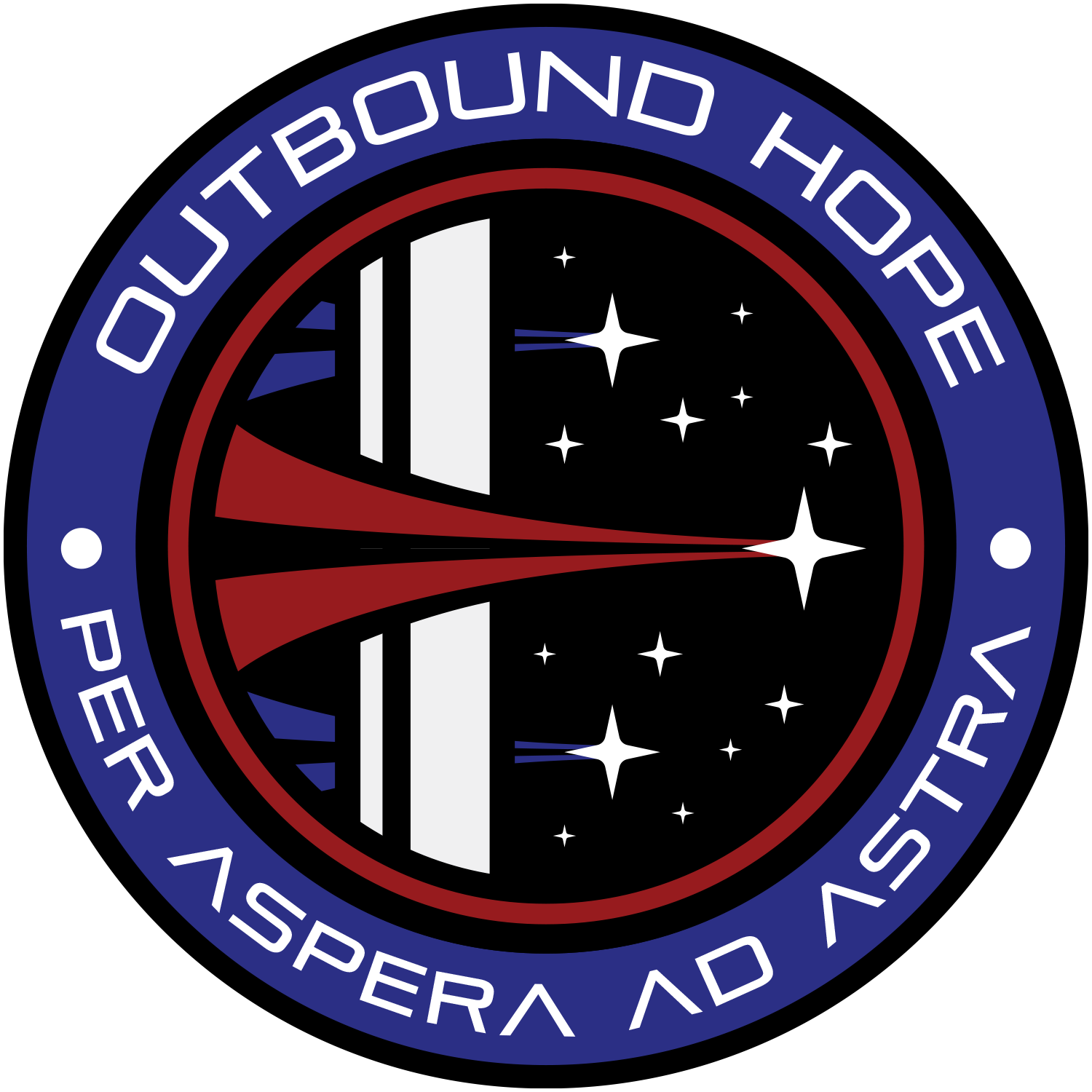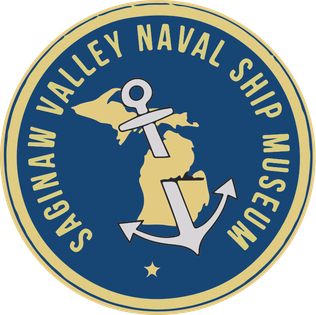AN OUTBOUND HOPE SHORT STORY
Written by Alex Richmond
“Destination reached: Level Ninety.”
The glass doors of the lift slid open with a soft hiss and Liam Hamid stepped out. Tall, athletically built, and with a dark crop of hair that matched his expensive Italian suit, he exuded confidence.
He did not feel confident, however. He never did when the Chancellor summoned him to his office.
“It’s important,” was all that she had said in her message.
It was supposed to be his day off, but he had given up counting on those since he took the job two years ago. It seemed like he never had time off anymore and he failed to remember the last time he could successfully turn off his communicator. The title of “Personal Assistant to the Chancellor of the Martian Collective” certainly had its perks, though: More than once it had earned him a free drink or a seductive glance from one of the men at his favorite bar – even if the next demand from the Chancellor often sabotaged anything further.
The cavernous room opened wide before him. Even the room felt intimidating. Black marble coated nearly every surface and the ceiling rose fifteen meters in a cavernous design. He remembered thinking it resembled a supervillain’s lair from classic film, but he would never say that to the Chancellor. At the far end of the room, the darkness gave way to a brilliant view of the surrounding city, impeded only by the Chancellor’s lavish – and black marble – desk and a massive rust-colored flag that hung from the ceiling. Embroidered in gold was DaVinci’s famous Virtuvian Man, a symbol of the Martian civilization that buzzed around him.
He stopped in front of the empty desk, cleared his throat, and looked around anxiously. Through the window, he could see the spires of skyscrapers and the steady lines of traffic weaving between them. In the distance, the impressive peaks of the Sisyphi Montes rose high, casting shadows across the red and rocky soil.
He sighed, and accessed his planning book on his retinal display. She should be here. Bored, he checked his personal inbox, finding it typically empty.
Again, he turned his attention back to the cityscape. He watched a thick, bulky transport – Russian, by the look of it – descend from the sky in the direction of the starport. He could see people strolling through Capitol Park, a sea of green and lush foliage encased in a transparent dome to house the environment’s precious atmosphere.
Finally, a door hissed open to his left.
“My apologies,” said Chancellor Nabhitha Singh as she entered.
She was hunched over in a medical chair that whirred across the floor toward her desk. Chancellor Singh was native-born, and at more than 130 years old, had been raised on a planet which had not yet fully conquered the problem of its gravitational weakness. Her bones and muscles had never fully developed, leaving a small and fragile body dependent on the technology that moved her, kept her heart beating and inflated her lungs with air.
Still, she looked worse than usual.
“Chancellor,” Hamid nodded toward her as she took her place behind her desk. “If it helps, we can turn down the gravitational projectors and give you –”
Singh dismissed the idea with a waving hand.
At 28, Hamid had never known a world without the artificial gravity that could project Earth’s pull almost perfectly. For the older generations, it was something new. For many of the old guard, facing a full gravitational projection was a point of pride and defiance – even if it did take a toll on the body.
“I didn’t call you here to talk about my health,” Singh began, her words sharp and cold. As if on cue, a series of brutal coughs shook her body as a cluster of beeps and whirs from the medical chair attempted to compensate. When the fit had abated, she cleared her throat and continued.
“It looks like our gamble with the American senator paid off,” she said, sliding a thin datapad across the surface of the desk. Hamid picked it up. A report was streaming onto the screen. On its first page was a bold emblem he already knew well.
“The Outbound Hope Mission,” he noted, casually flipping through the next few pages. “What have we learned?”
“Well, Senator Conklin says his wife is making a full recovery,” She smiled. “And his gratitude toward us is making things a bit easier for us in the US Congress. We’ll have to thank Dr. Patel and his team at Cydonia Medical.”
“Does that mean we’ll be sending personnel on the Mission?” Hamid’s voice betrayed his excitement.
After the disaster of the Outbound Discovery Mission, his government had tried for decades to become involved in researching the Bifröst Relay. Predictably, the Americans had thwarted nearly all their efforts, bringing Martians in only occasionally as consultants or private hires.
“It’s a strong possibility at this point.” She pressed a button on her desk, and the window darkened into a massive display screen. The photos of dozens of individuals suddenly appeared, most of them with thin, rust-colored geometric designs tattooed to their faces – a common symbol of Martian heritage. She flicked another button and the images sorted themselves into a new order.
“These are our potential candidates.” She said gesturing toward the faces. “Top leaders in astrophysics, xenobiology, propulsion technologies – you name it. I need you to contact their superiors and update their records. I’m going to be hand-picking the team.”
Hamid raised an eyebrow. “You are? Isn’t this better left to –” Singh waved away his concerns.
“The Council knows that this has been my pet project,” Her voice trailed off a bit, and her eyes met with his for a moment. “Rather, this has been our project. They won’t further complicate things. As long as we get a research outpost in 354-PA, they don’t care how we do it.”
Hamid nodded and did some quick math: 12 columns of faces, eight rows. Ninety-six total. So much for his weekend.
“Everything’s tentative,” the Chancellor continued, “But if Conklin is correct, whatever team we send will have a place aboard the Outbound Fleet’s flagship.”
“Flagship?” Hamid was surprised. “They’ve built a new flagship?”
Singh chuckled, seemingly laughing at a private joke. “That’s my favorite part of this whole thing. Page forty-seven.” Hamid passed his finger over the screen, flipping quickly. He stopped and snorted at the image of an American Roosevelt-Class Destroyer.
“The Ascendant Dawn?” He laughed. “That ship is a relic. It’s got to be – what – sixty years old now? Why not strap some engines to the USS Constitution?”
Despite her slouched position, Singh managed a shrug. “You know the Americans and their love for the dramatic. It’s a historical icon and a symbol of their history. Patriotism and all that. Besides, I’m sure Windfall’s engineers will be in and out of every bulkhead before she leaves.”
“It would be easier for Windfall to just give them a new ship.”
Singh smiled again. “There’s no drama in that. Sensical decisions are our responsibility.”
The chancellor waved her hand and the rows of faces were replaced with the impressive technical plans of a starship. One-by-one, a swarm of labels began to identify everything from impressive new engine systems to sizeable laboratory spaces.
“This is the Allan Sandage,” Singh said. “We’ll have Shineman on the Dawn during transit to give us eyes and ears, but this is what we’re bringing to the party.”
“She’s beautiful,” Hamid said with sincerity. “Really, this is impressive.”
“And all Martian-made. No Windfall mitts on this one. We’ve scared those corporatist bastards away.” Singh nodded to herself for a moment. “But we’ve got to find her a crew and a research team.”
She began to ease her chair from behind her desk and in Hamid’s direction. Mustering her strength, she placed a withered hand on his bicep and squeezed.
“I know I ask a lot of you, Liam. It’s appreciated.” She released her hand and began to maneuver away. “But just think: You’re helping to hand-pick the first humans to build a life outside of this star system. You’re writing history, here.”
Liam smiled and nodded. He supposed he liked that perk, too.



